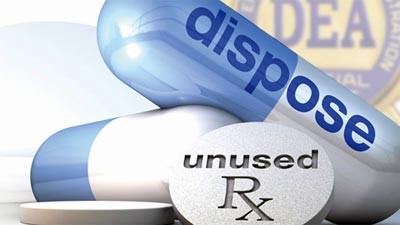http://www.nhtsa.gov/people/injury/research/job185drugs/cannabis.htm
Effects on Driving: The drug manufacturer suggests that patients receiving treatment with Marinol® should be specifically warned not to drive until it is established that they are able to tolerate the drug and perform such tasks safely. Epidemiology data from road traffic arrests and fatalities indicate that after alcohol, marijuana is the most frequently detected psychoactive substance among driving populations. Marijuana has been shown to impair performance on driving simulator tasks and on open and closed driving courses for up to approximately 3 hours. Decreased car handling performance, increased reaction times, impaired time and distance estimation, inability to maintain headway, lateral travel, subjective sleepiness, motor incoordination, and impaired sustained vigilance have all been reported. Some drivers may actually be able to improve performance for brief periods by overcompensating for self-perceived impairment. The greater the demands placed on the driver, however, the more critical the likely impairment. Marijuana may particularly impair monotonous and prolonged driving. Decision times to evaluate situations and determine appropriate responses increase. Mixing alcohol and marijuana may dramatically produce effects greater than either drug on its own.









